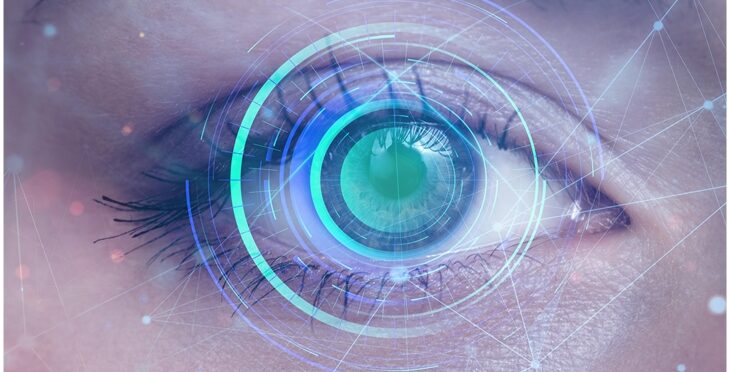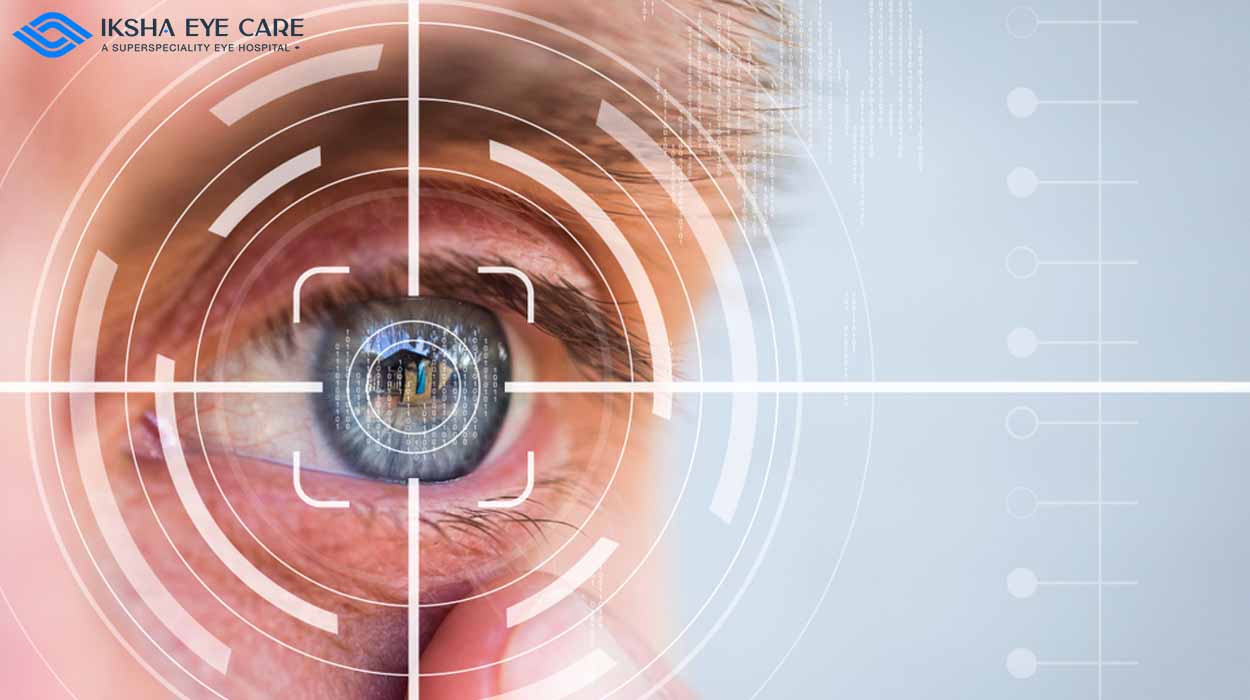Specialized Retina Service Near Me: Top-Notch Eye Care Professionals
Understanding the Different Eye Issues Treated by Specialized Eye Treatment Professionals
In the world of eye care, specialized specialists play a vital duty in identifying and treating a wide variety of eye conditions. As we embark on this exploration of the various eye conditions dealt with by specialized eye treatment experts, it comes to be evident that the intricate web of eye health holds a myriad of fascinating understandings waiting to be discovered.
Usual Refractive Mistakes
Refractive errors prevail visual conditions created by a blemish in the eye's ability to properly focus light, leading to obscured vision. One of the most common kinds of refractive errors consist of myopia (nearsightedness), hyperopia (farsightedness), astigmatism, and presbyopia. Nearsightedness occurs when the eyeball is also long or the cornea is also rounded, causing distant challenge appear blurry. Hyperopia, on the other hand, takes place when the eyeball is also short or the cornea is also level, causing close-by items running out emphasis. Astigmatism is identified by an irregularly shaped cornea, resulting in altered or obscured vision in any way distances. Presbyopia is an age-related condition where the lens loses its flexibility, making it challenging to concentrate on close things.
These refractive mistakes can be remedied with various approaches, including spectacles, contact lenses, or refractive surgery. Eye treatment specialists play a crucial role in diagnosing and taking care of refractive mistakes to assist people accomplish clearer vision and boost their quality of life.
Age-Related Eye Conditions
As people age, their eyes might be at risk to a range of conditions beyond refractive errors that can influence their vision and overall eye health and wellness. Age-related eye problems are usual and can considerably influence the high quality of life for older adults. Among one of the most prevalent age-related eye conditions is age-related macular degeneration (AMD), an illness that triggers central vision loss and can make activities like analysis and driving difficult. refractive surgeries in al. Cataracts, an additional common problem amongst older individuals, create clouding of the eye's natural lens, leading to blurred vision. Glaucoma, defined by damage to the optic nerve, is also a lot more prevalent with age and can lead to field of vision loss or loss of sight if left untreated. Furthermore, presbyopia, a problem where the eye's lens sheds versatility, is a natural component of aging and results in trouble concentrating on close things. Routine eye exams with specialized eye treatment experts are vital for early detection and monitoring of these age-related eye problems to maintain vision and keep ocular wellness as individuals get older.
Vision-Threatening Illness
Vision-threatening diseases include a series of major eye conditions that have the potential to considerably affect a person's sight and total visual feature. These diseases pose a threat of irreversible vision loss if not promptly identified and dealt with by specialized eye care professionals. Some common vision-threatening conditions consist of glaucoma, diabetic person retinopathy, age-related macular degeneration (AMD), and retinal detachment.
Glaucoma is a group of eye conditions that damage the optic nerve, typically because of high intraocular stress, bring about peripheral vision loss and possible blindness if left untreated. Diabetic retinopathy is an issue of diabetes mellitus that influences capillary in the retina, causing vision impairment or loss of sight. AMD is a dynamic condition influencing the macula, bring about central vision loss. Retinal detachment takes place when the retina separates from its underlying tissue, causing sudden vision loss that calls for prompt clinical focus (refractive surgeries in al).
Early detection, regular eye exams, and timely treatment are important in taking care of vision-threatening illness Visit This Link to preserve sight and maintain lifestyle. Specialized eye care experts play a vital function in diagnosing, dealing with, and handling these conditions to avoid irreparable vision loss.

Corneal Conditions
Corneal disorders incorporate a spectrum of conditions that impact the transparent front component of the eye, known as the cornea. These disorders can result in discomfort, visual disturbances, and in extreme situations, vision loss. One usual corneal condition is keratoconus, where the cornea thins and bulges external into a cone shape, creating astigmatism and obscured vision. Corneal dystrophies, such as Fuchs' dystrophy, result in progressive vision loss as a result of irregular down payments in the cornea. Corneal abrasions, often brought on by injury or foreign items, can cause discomfort, soreness, and sensitivity to light. Furthermore, infections like keratitis can irritate the cornea, possibly leading to scarring and vision disability otherwise without delay treated. Treatment for corneal disorders differs click to investigate depending on the particular problem but might consist of drugs, call lenses, or in severe instances, corneal transplants. Routine eye examinations are essential for early discovery and management of corneal problems to maintain vision and eye wellness.
Neurological Eye Problems
Neurological eye problems entail disorders that affect the connection between the eyes and the brain, influencing visual handling and overall eye feature. These conditions can materialize in different methods, affecting vision, eye motions, and even the sychronisation in between the eyes. One typical neurological eye problem is optic neuritis, identified by swelling of the optic nerve resulting in vision loss, color desaturation, and pain with eye movement.
Another significant condition is nystagmus, where the eyes make repetitive, unrestrained motions, impacting visual acuity and depth perception. Additionally, problems like amblyopia, often described as "careless eye," arise from uncommon aesthetic growth in early youth, causing minimized vision in one eye.
Neurological eye conditions call for customized care from specialists like neuro-ophthalmologists that have competence in both neurology and ophthalmology. Diagnosis frequently entails a thorough eye assessment, imaging studies, and cooperation with neurologists to address the underlying neurological concerns impacting the visual system. Therapy approaches can consist of drug, vision therapy, or in severe instances, surgical treatments to manage these intricate conditions effectively.

Verdict
In conclusion, specialized eye care experts deal with a wide variety of eye problems, consisting of typical refractive errors, age-related eye conditions, vision-threatening conditions, corneal problems, and neurological eye problems - refractive surgeries in al. By comprehending these various problems and looking for suitable Check This Out treatment from eye treatment experts, individuals can keep ideal eye health and wellness and vision. It is essential to prioritize routine eye assessments and comply with recommended therapy plans to maintain and shield one's vision for the future